History
History is the study of the past, focusing on human societies, cultures, and events. It involves investigating and analyzing the people, places, and events that have shaped the world we live in today. Through the study of history, we can gain a better understanding of how societies have evolved, the impact of significant events, and the development of different cultures.
Key Concepts in History
- Chronology: Understanding the sequence of events and the timeline of history is crucial for making sense of historical developments.
- Historical Sources: Primary sources (first-hand accounts, documents, artifacts) and secondary sources (interpretations, analysis) provide valuable information for historians.
- Cause and Effect: History often involves exploring the causes and consequences of events and understanding their impact on societies.
- Change and Continuity: Studying how societies have transformed over time, as well as identifying aspects that have remained constant, is essential in historical analysis.
- Historical Interpretation: Different perspectives and interpretations of historical events can shape our understanding of the past.
Study Guide for History
To effectively study history, consider the following tips:
- Develop Chronological Understanding: Create timelines and use visual aids to understand the sequence of historical events.
- Engage with Primary Sources: Analyze documents, artifacts, and first-hand accounts to gain insights into specific historical periods.
- Understand Historical Context: Consider the social, cultural, political, and economic factors that influenced historical events.
- Compare and Contrast: Identify similarities and differences between different historical periods, events, and societies.
- Consider Multiple Perspectives: Explore diverse viewpoints and interpretations of historical events to develop a well-rounded understanding.
- Develop Analytical Skills: Practice analyzing cause-and-effect relationships, identifying patterns of change and continuity, and evaluating historical significance.
- Utilize Resources: Make use of history textbooks, online resources, documentaries, and museum exhibits to supplement your learning.
By incorporating these study strategies, you can enhance your understanding of history and develop a deeper appreciation for the complexities of the past.
[History] Related Worksheets and Study Guides:
.◂Science Worksheets and Study Guides Kindergarten. Weather
Coloring Worksheet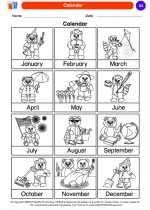 Calendar
Calendar  Coloring Worksheet
Coloring Worksheet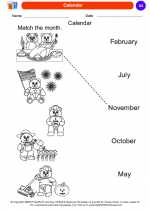 Calendar
Calendar  Coloring Worksheet
Coloring Worksheet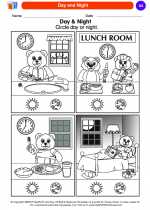 Day and Night
Day and Night  Coloring Worksheet
Coloring Worksheet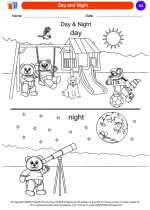 Day and Night
Day and Night  Coloring Worksheet
Coloring Worksheet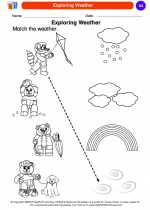 Exploring Weather
Exploring Weather  Coloring Worksheet
Coloring Worksheet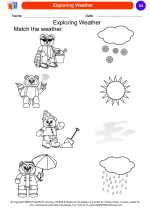 Exploring Weather
Exploring Weather  Coloring Worksheet
Coloring Worksheet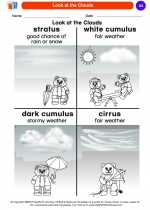 Look at the Clouds
Look at the Clouds  Coloring Worksheet
Coloring Worksheet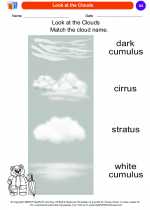 Look at the Clouds
Look at the Clouds  Coloring Worksheet
Coloring Worksheet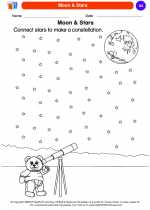 Moon & Stars
Moon & Stars  Coloring Worksheet
Coloring Worksheet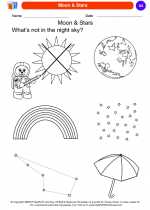 Moon & Stars
Moon & Stars  Coloring Worksheet
Coloring Worksheet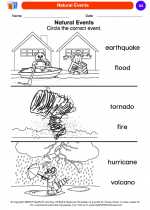 Natural Events
Natural Events  Coloring Worksheet
Coloring Worksheet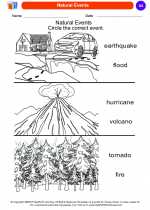 Natural Events
Natural Events  Coloring Worksheet
Coloring Worksheet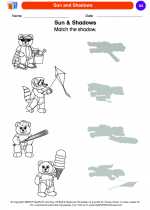 Sun and Shadows
Sun and Shadows  Coloring Worksheet
Coloring Worksheet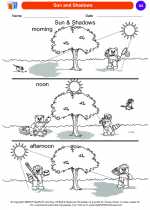 Sun and Shadows
Sun and Shadows  Coloring Worksheet
Coloring Worksheet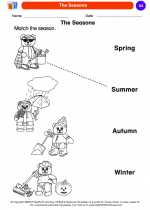 The Seasons
The Seasons  Coloring Worksheet
Coloring Worksheet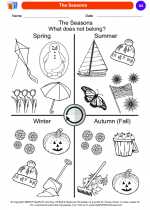 The Seasons
The Seasons  Coloring Worksheet
Coloring Worksheet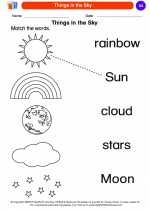 Things in the Sky
Things in the Sky  Coloring Worksheet
Coloring Worksheet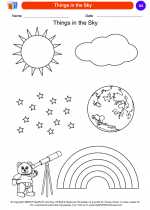 Things in the Sky
Things in the Sky  Coloring Worksheet
Coloring Worksheet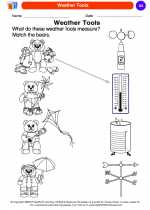 Weather Tools
Weather Tools  Coloring Worksheet
Coloring Worksheet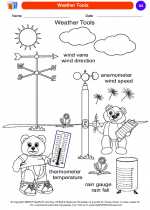 Weather Tools
Weather Tools 

 Coloring Worksheet
Coloring Worksheet
 Coloring Worksheet
Coloring Worksheet
 Coloring Worksheet
Coloring Worksheet
 Coloring Worksheet
Coloring Worksheet
 Coloring Worksheet
Coloring Worksheet
 Coloring Worksheet
Coloring Worksheet
 Coloring Worksheet
Coloring Worksheet
 Coloring Worksheet
Coloring Worksheet
 Coloring Worksheet
Coloring Worksheet
 Coloring Worksheet
Coloring Worksheet
 Coloring Worksheet
Coloring Worksheet
 Coloring Worksheet
Coloring Worksheet
 Coloring Worksheet
Coloring Worksheet
 Coloring Worksheet
Coloring Worksheet
 Coloring Worksheet
Coloring Worksheet
 Coloring Worksheet
Coloring Worksheet
 Coloring Worksheet
Coloring Worksheet
 Coloring Worksheet
Coloring Worksheet
 Coloring Worksheet
Coloring Worksheet

The resources above cover the following skills:
EARTH AND SPACE SCIENCE (NGSS)
Earth’s Systems
Students who demonstrate understanding can:
Use and share observations of local weather conditions to describe patterns over time.